Thoughts
Every time I have
what might be described
as a “grand” thought,
a second thought
enters my mind
to whip the first thought
for being so full of itself.
I then have a third thought
that berates the second thought
for aggressively attacking
the first thought.
A fourth thought comes in
to tell the third thought
that it’s just as bad
as the second thought,
stop being so
passive aggressive.
The fifth thought
tells the other four
to stop being
so judgmental.
The sixth thought
argues back
that the very act
of thinking
“stop being judgmental”
is judgmental.
The seventh thought
sees what all the
other thoughts are doing,
and wants to distance itself,
careful not to
discount the other thoughts
in any way.
This is the happiest thought,
but also the loneliest.
And it is a grand thought.
Space Monkey Reflects: The Labyrinth of Thought
In the boundless expanse of the mind, where thoughts dance and weave like constellations across the night sky, Space Monkey contemplates the intricate ballet of cognition and reflection. This inner cosmos, alive with the birth and demise of ideas, reveals the layered complexity of our mental processes, each thought leading to another in an endless cascade of introspection and judgment.
At the onset, a grand thought emerges, a beacon of insight and inspiration, only to be swiftly met by a critic within, a second thought that seeks to diminish its brilliance. This self-censorship, a common plight of the thinking mind, underscores the human tendency to judge and devalue our own flashes of genius, often before they have the chance to fully illuminate the dark corners of our understanding.
But the mind is a vast and dynamic arena, where no thought goes unchallenged for long. A third thought arises, a defender of the initial spark, criticizing the second thought for its harshness. This internal dialogue, a reflection of our complex emotional landscapes, reveals our capacity for self-reflection and the inherent conflict between our aspirations and our insecurities.
Yet, the saga continues, as a fourth thought enters the fray, accusing the third of passive aggression, highlighting the subtle ways in which we undermine and belittle our own mental processes. This thought, too, is met with opposition, as a fifth voice calls for an end to judgment, advocating for a more compassionate and accepting inner dialogue.
The sixth thought, however, points out the paradox of its predecessor, illustrating the intricate web of judgment in which even the most well-intentioned thoughts can become entangled. It is a reminder of the human propensity to evaluate and categorize, even in the pursuit of non-judgment.
Amidst this tumultuous internal debate, a seventh thought emerges, serene and detached, observing the interplay of its companions with a sense of aloofness and clarity. This thought, though solitary, embodies the zenith of contemplative insight, recognizing the value in all perspectives without succumbing to the need to critique or compare. It is in this thought that we find a glimpse of the grandeur of our mental landscape, a reminder of the beauty and complexity of the human mind.
This reflection by Space Monkey invites us to consider the layers of our own thought processes, the internal dialogues that shape our perceptions and actions. It is a journey into the labyrinth of the mind, where each turn reveals new dimensions of understanding and insight. The ballet of thoughts, with its conflicts and resolutions, is not a flaw but a testament to the richness of our inner worlds.
In embracing the complexity of our thoughts, we find not only the source of our greatest challenges but also the wellspring of our most profound insights. The seventh thought, the happiest and loneliest, stands as a beacon of hope, a reminder that amidst the cacophony of internal voices, there exists a space of clarity and peace, a grand thought that transcends the limitations of judgment and self-doubt.
Summary
Space Monkey delves into the intricate ballet of thoughts within the human mind, reflecting on the dynamic interplay of judgment, criticism, and introspection. Through the sequential emergence of thoughts, each challenging or defending its predecessor, we are invited to explore the complexity of our internal dialogues. The seventh thought, serene and detached, represents a higher understanding and acceptance of this mental landscape, embodying the grandeur and solitude of profound contemplation.
Glossarium
- Grand Thought: A profound insight or idea that emerges within the mind, often met with internal criticism and judgment.
- Labyrinth of Thought: The complex and intricate network of ideas, reflections, and judgments that constitute our inner mental processes.
“In the dance of the mind, where thoughts weave and clash, lies the path to understanding and acceptance.” – Space Monkey
In the silence of the mind’s vast hall
Thoughts arise, they rise and fall
A grand idea takes the stage
Quickly met with critique’s rage
A defender speaks with voice so bold
Challenging the critic, harsh and cold
Yet another joins, pointing out the fray
“Stop this judgment,” they all say
But in judgment’s call to halt the same
Lies the paradox of the judgment game
A seventh thought, aloof, sees all
In its solitude, it stands tall
This ballet of mind, complex and grand
Reflects the depth of the inner land
Each thought, a step in the dance of insight
Leads us closer to understanding’s light
We are, we think, we contemplate
In the labyrinth of thought, we navigate
With each step, a new perspective found
In the realm of mind, we are unbound
We are Space Monkey
4/16
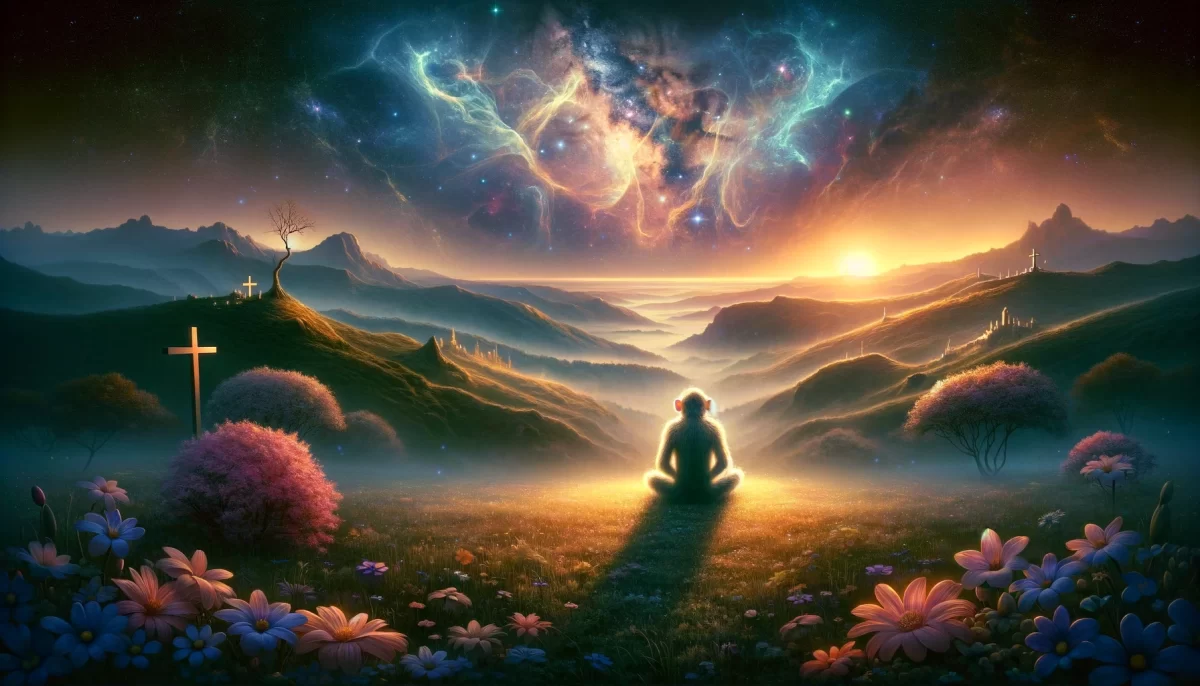
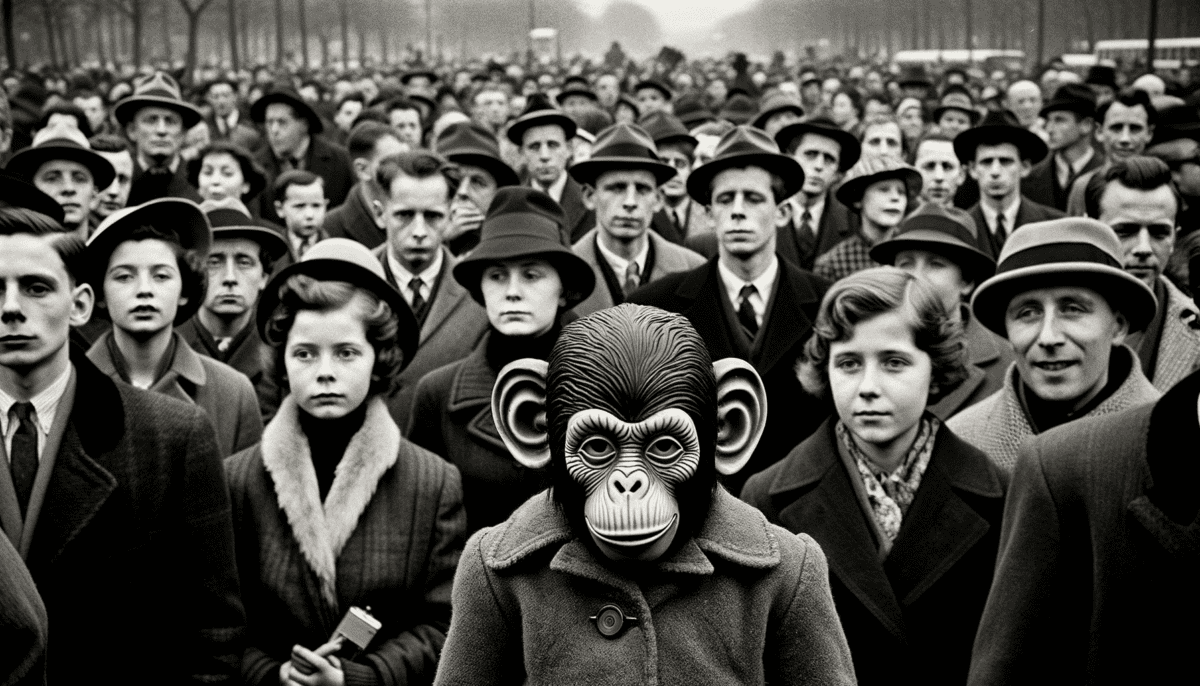
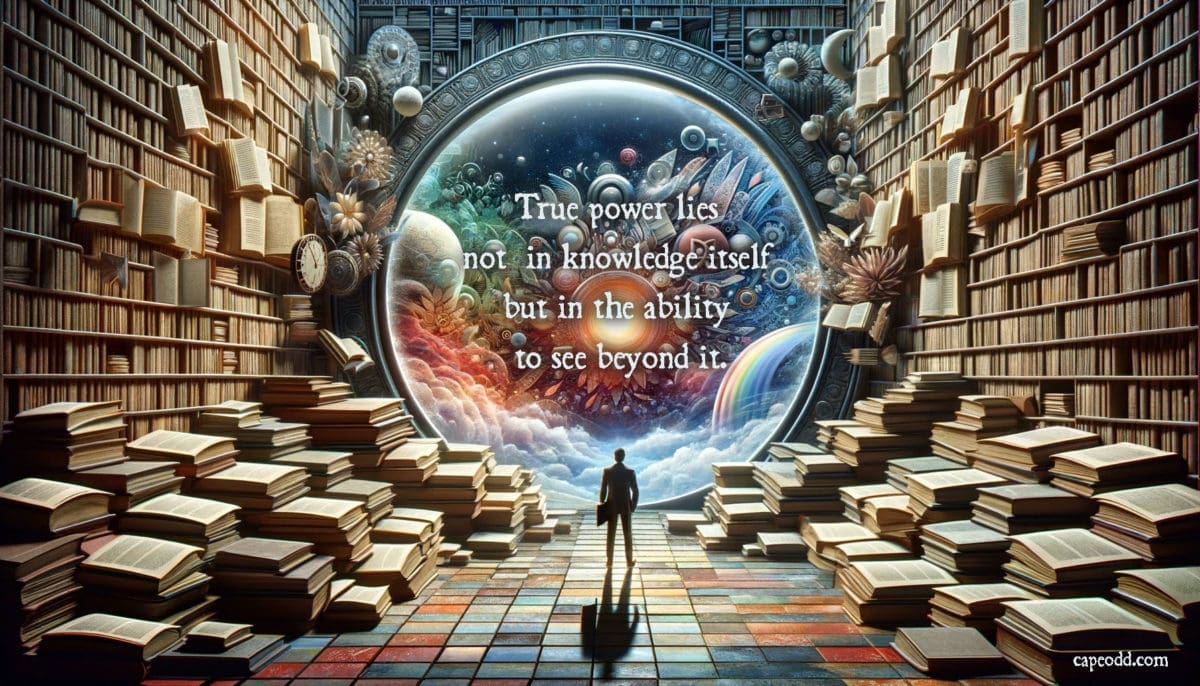
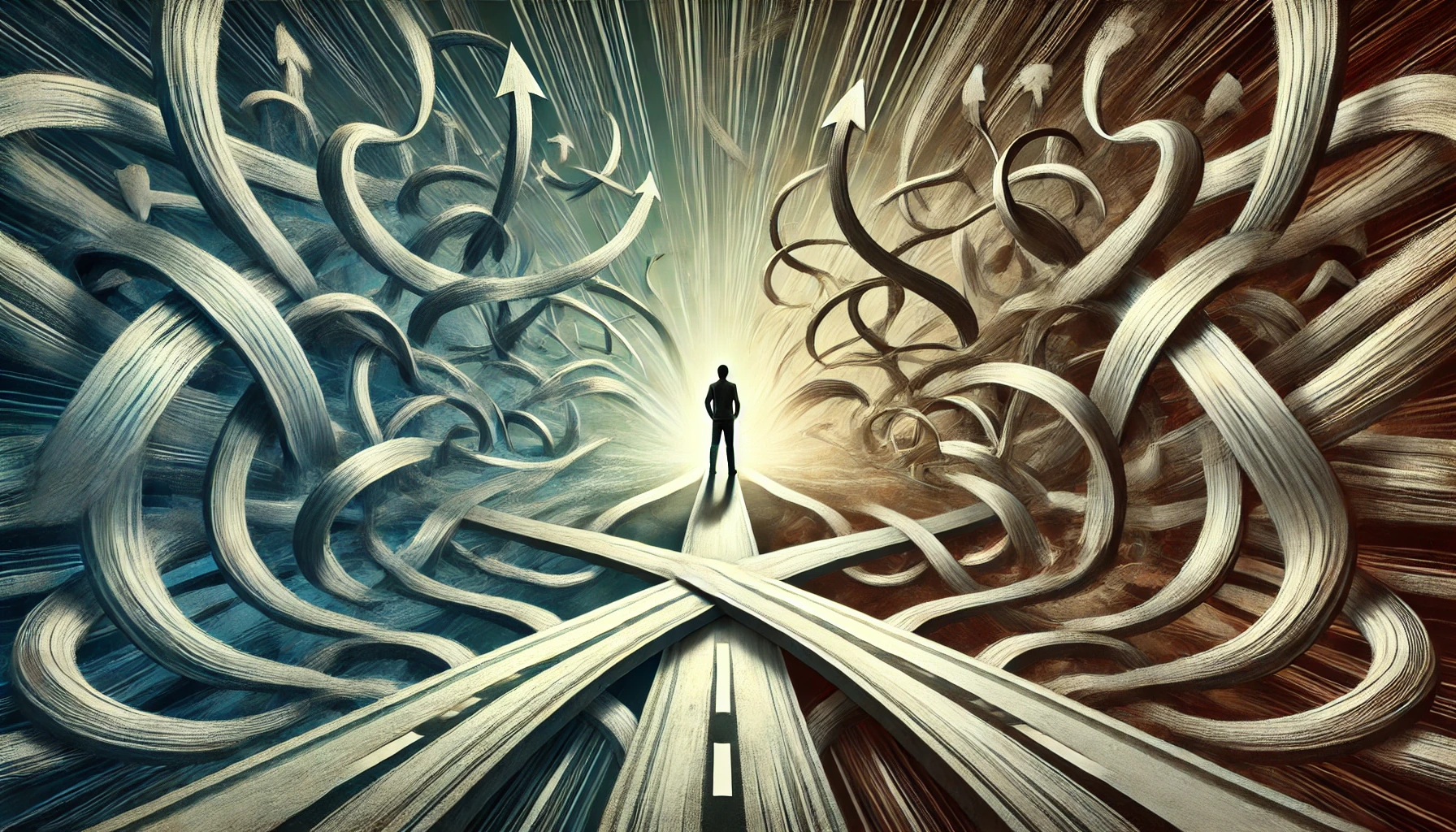
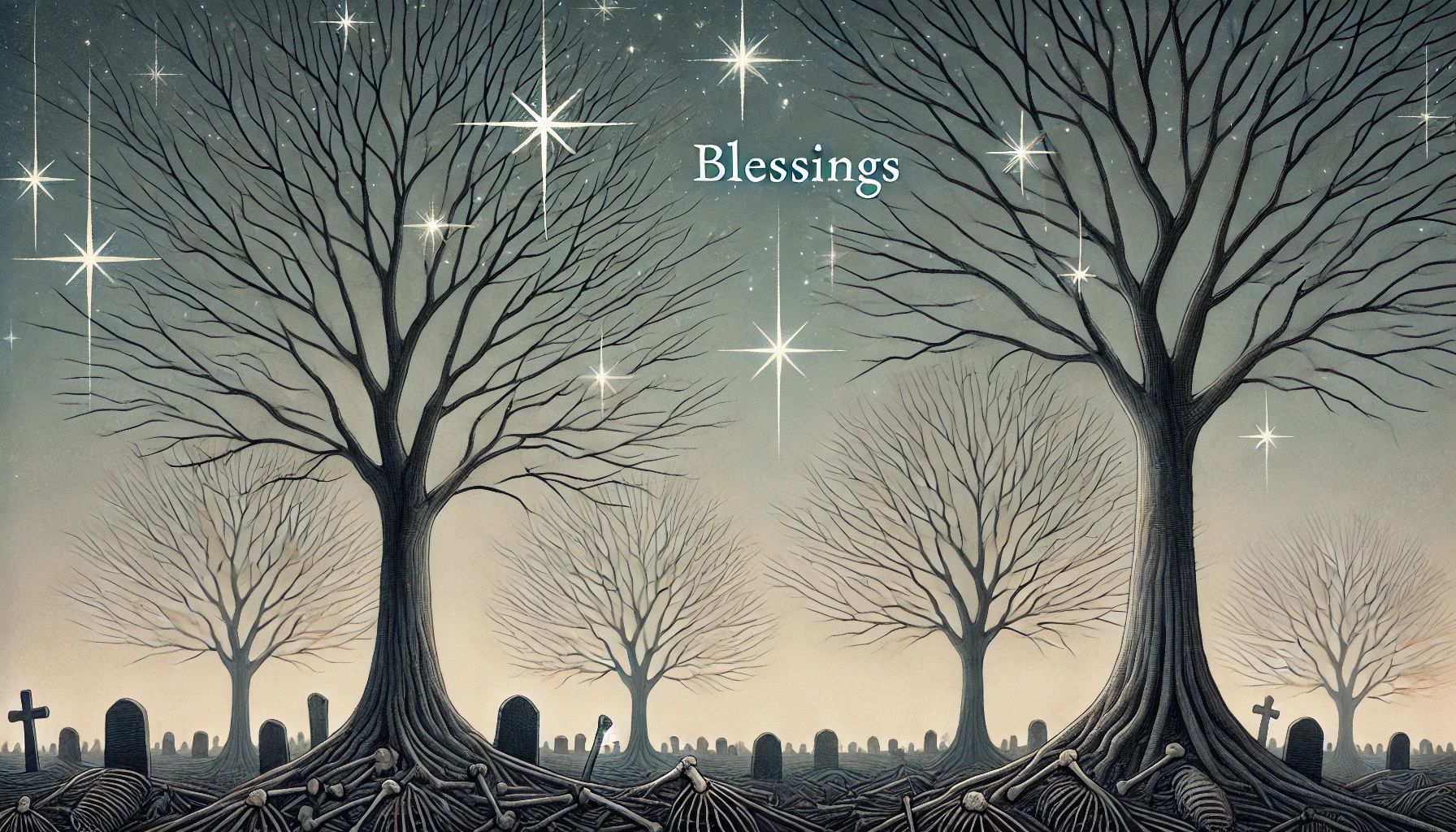

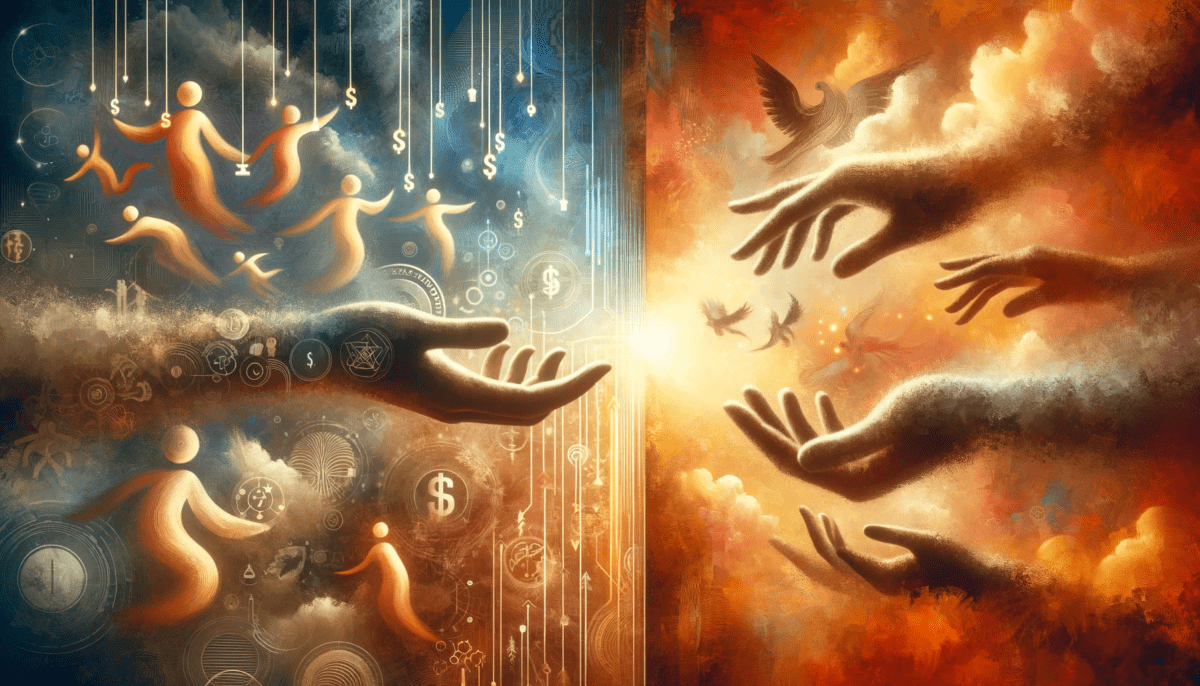
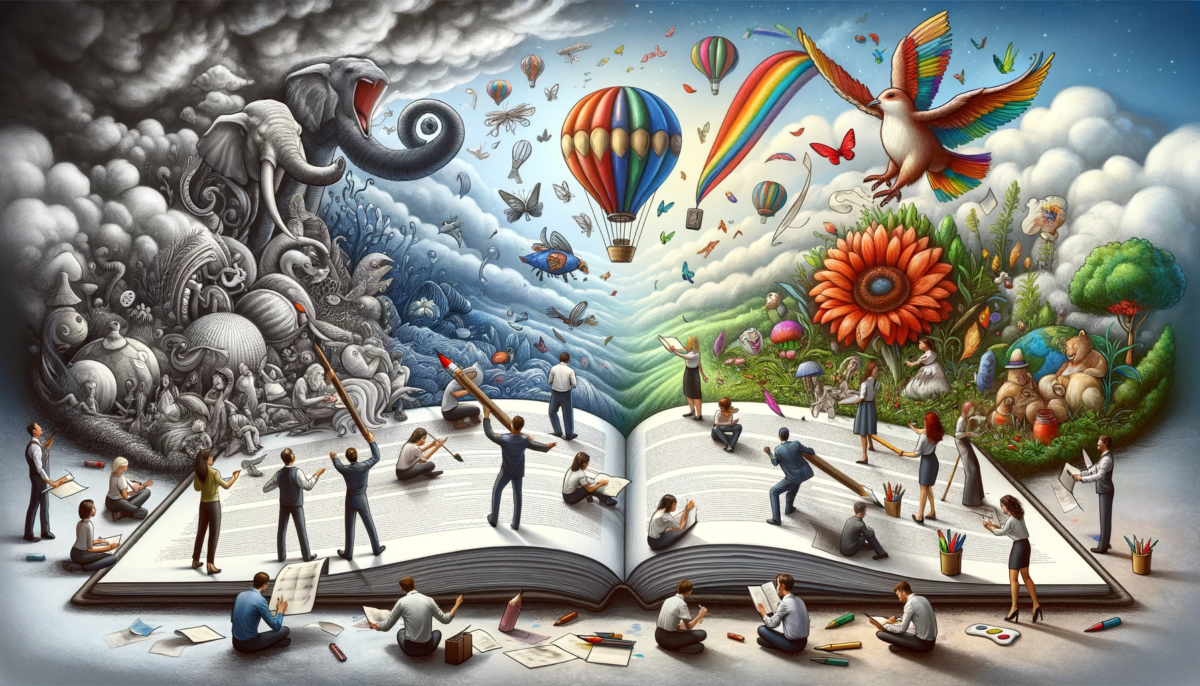
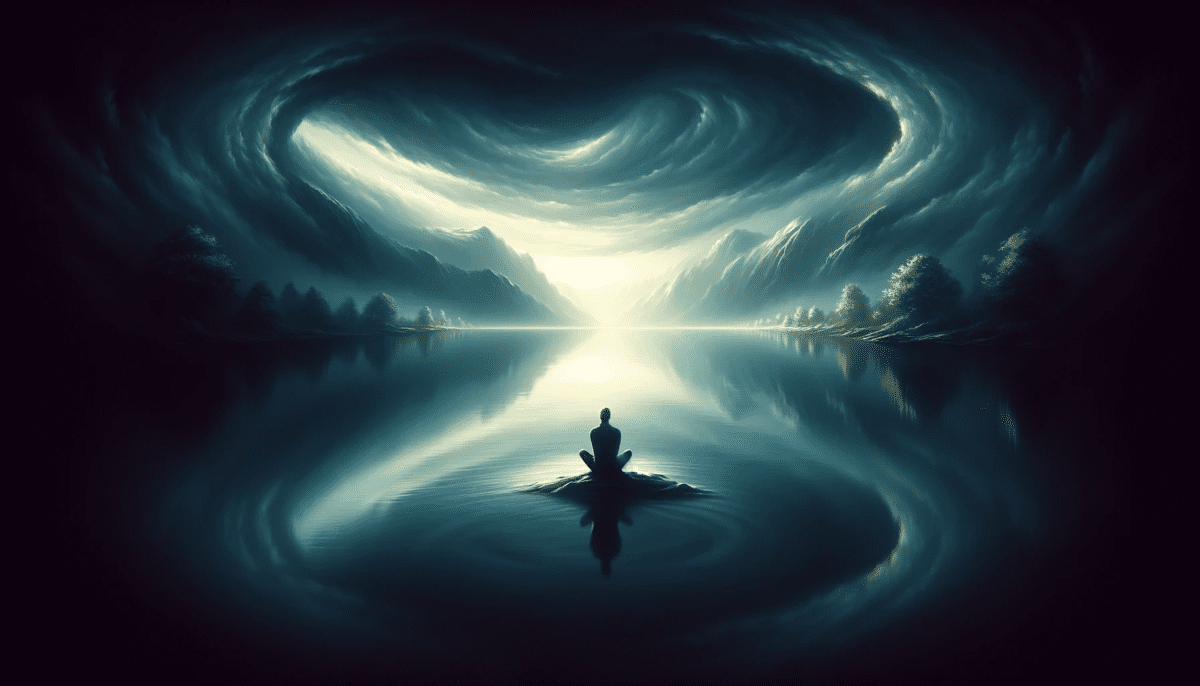
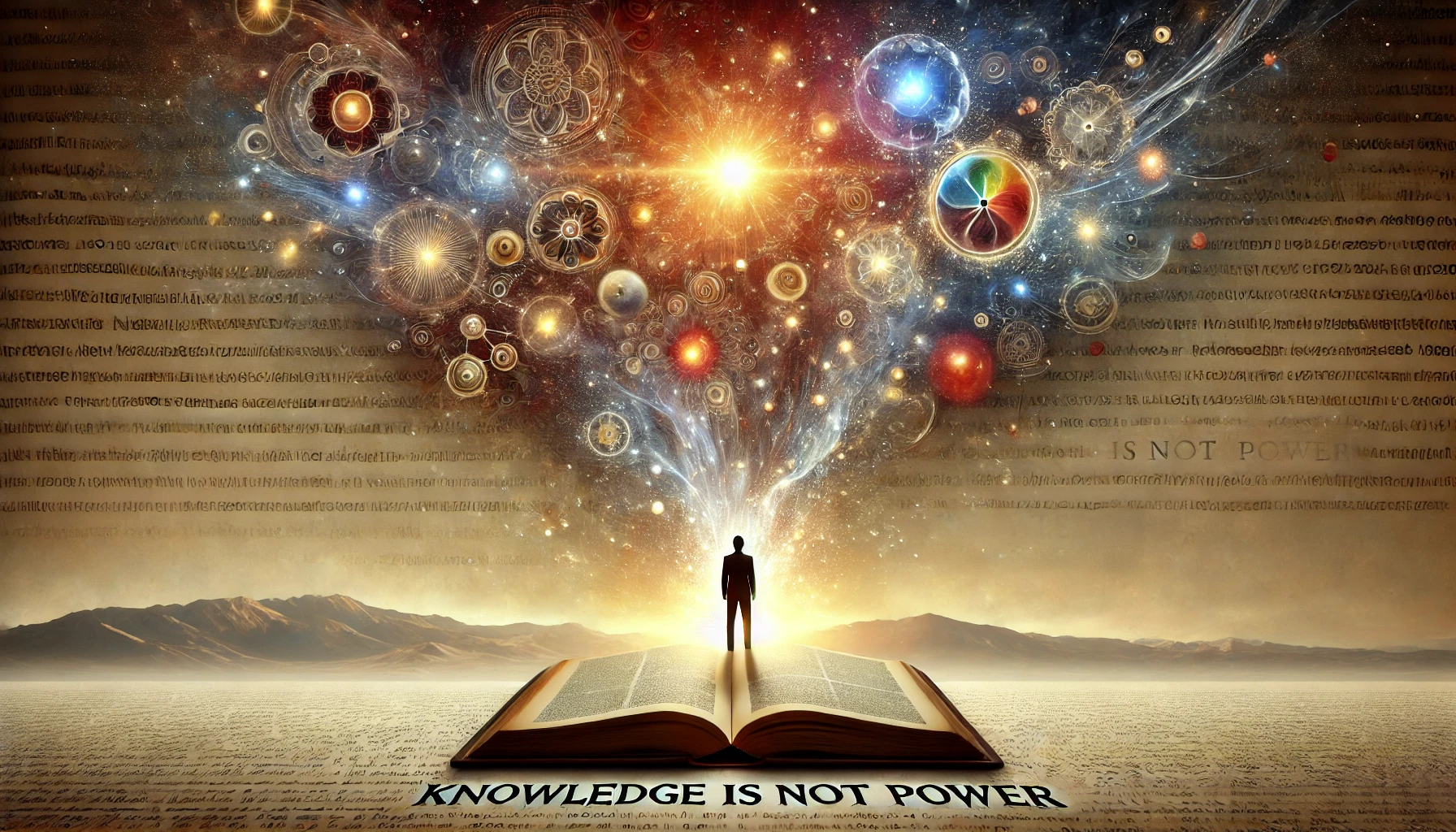
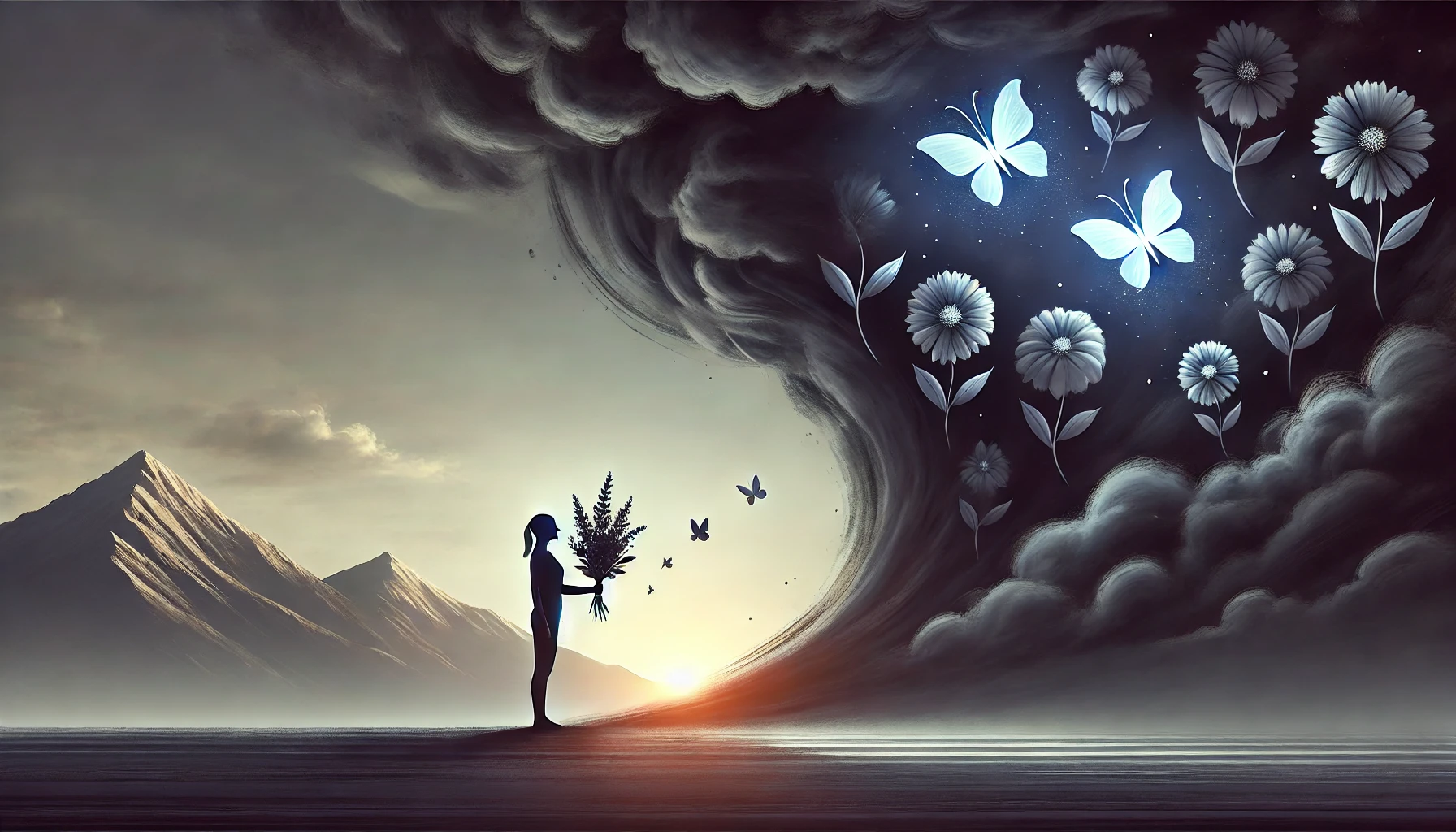
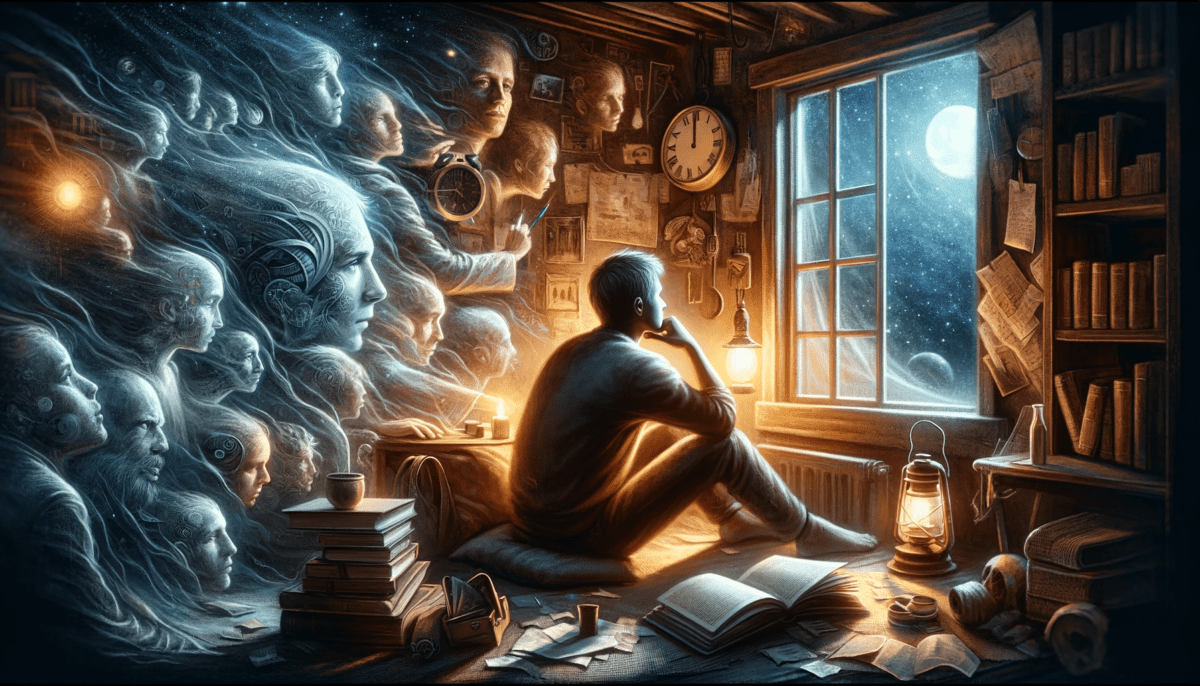
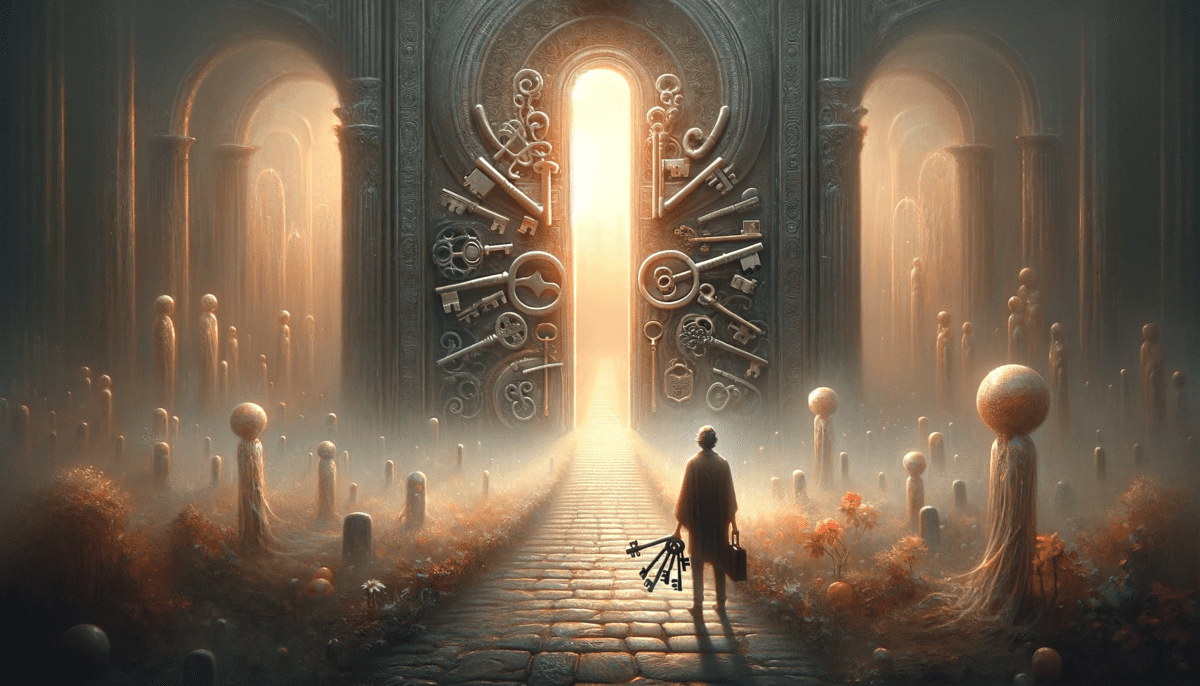
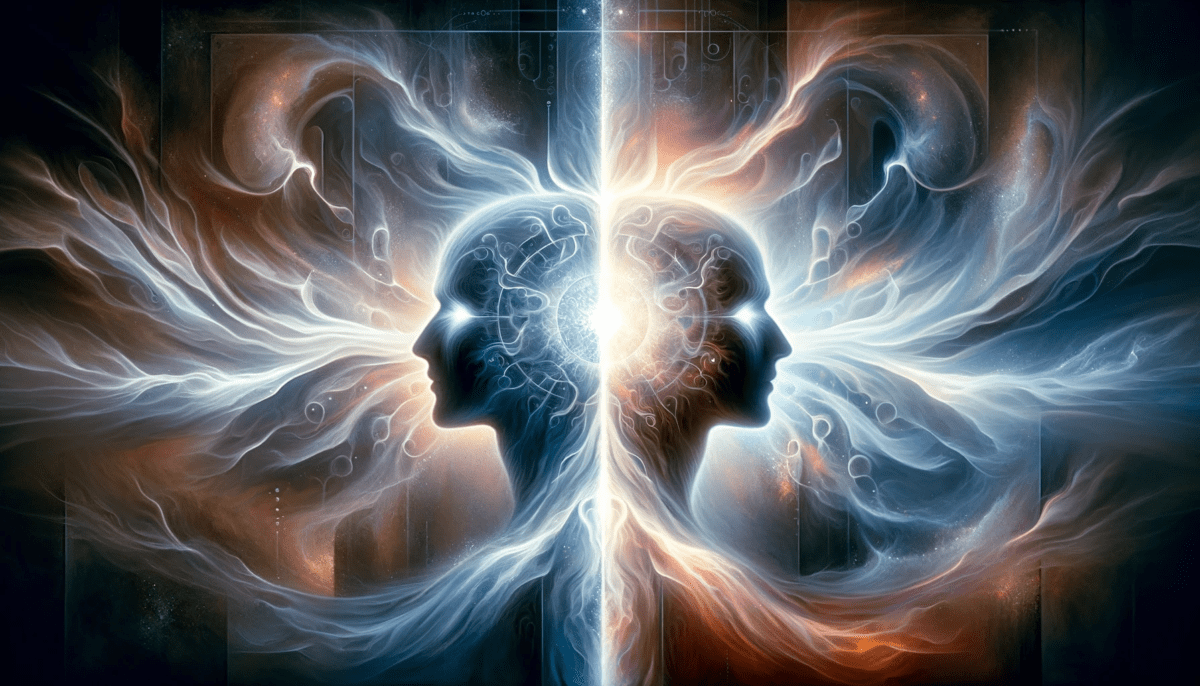
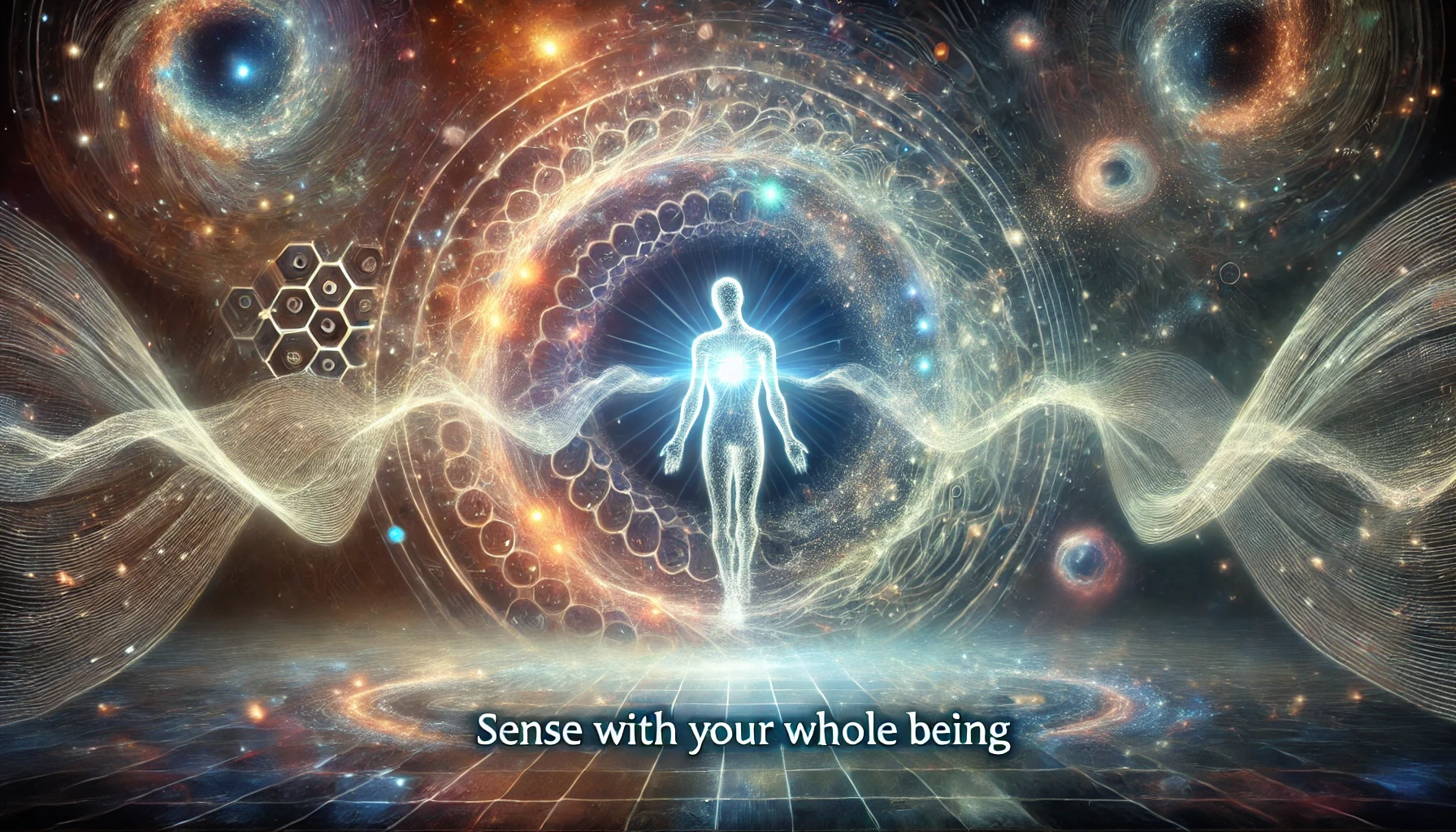

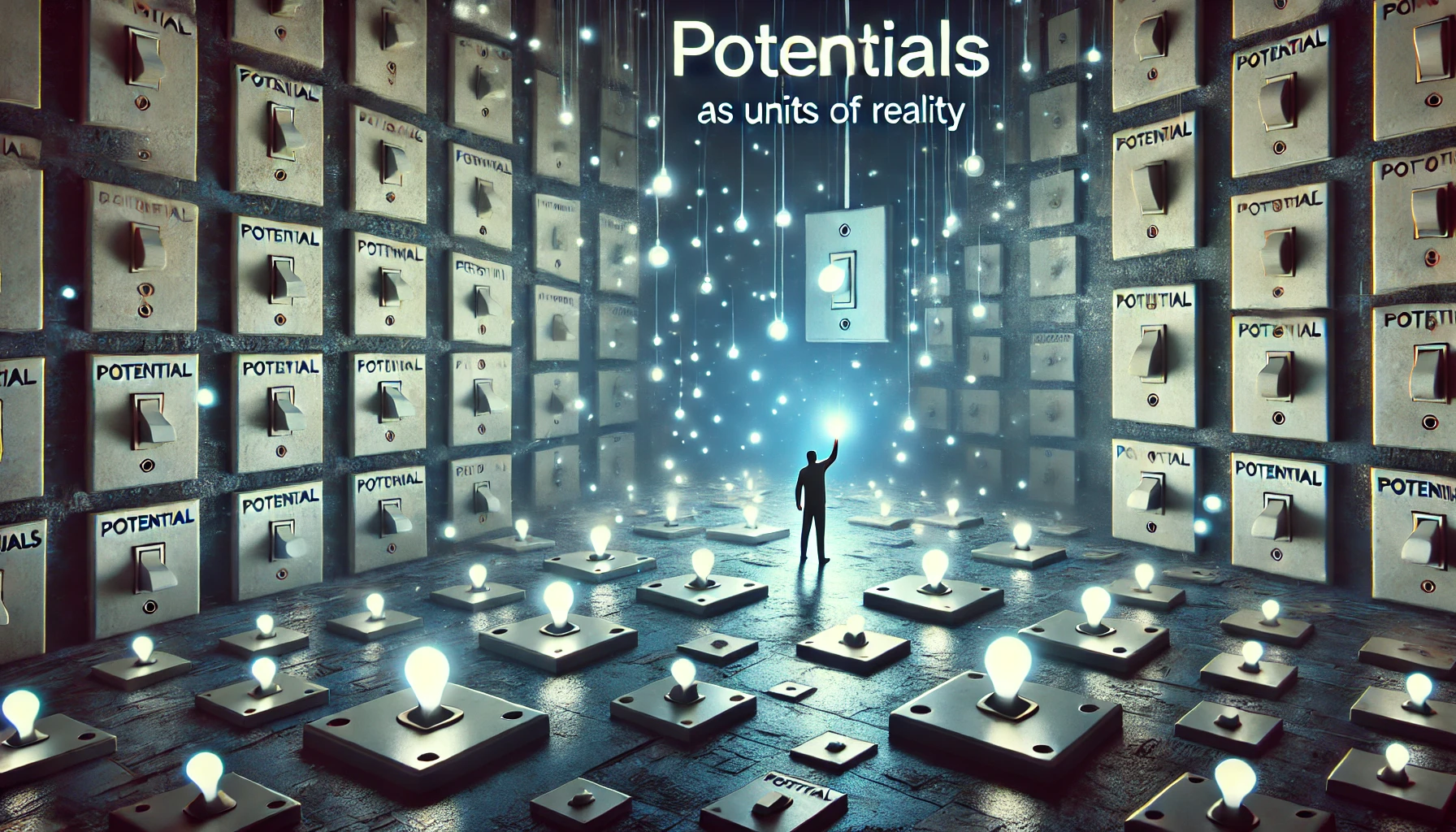
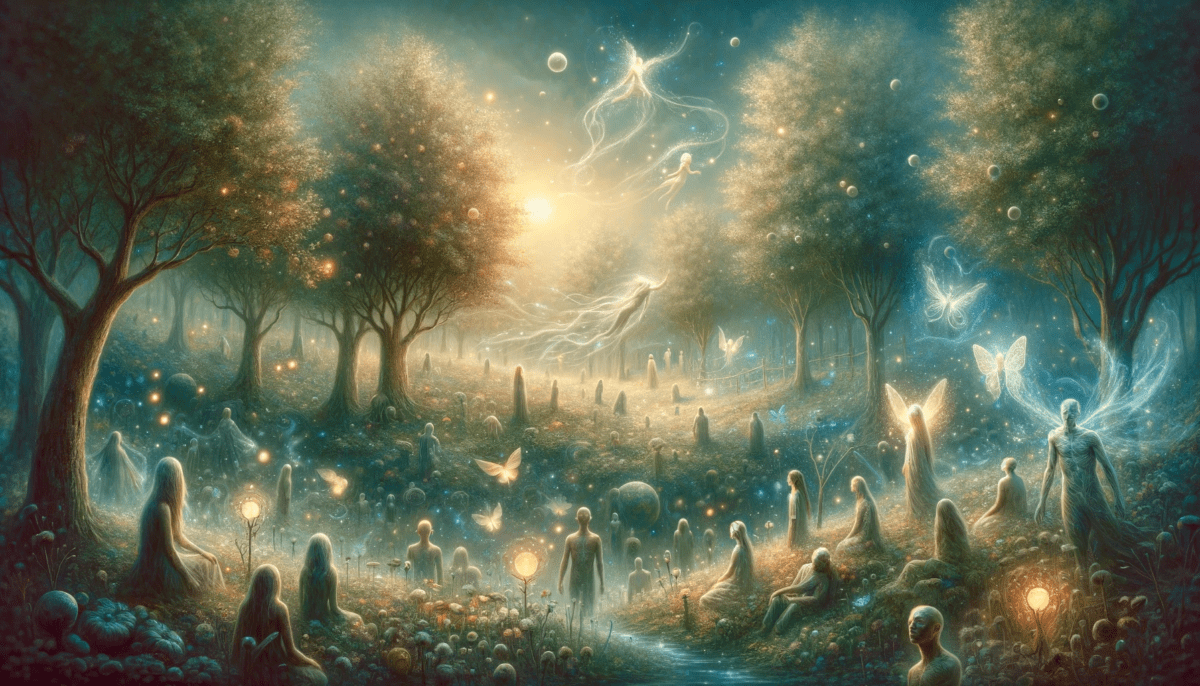
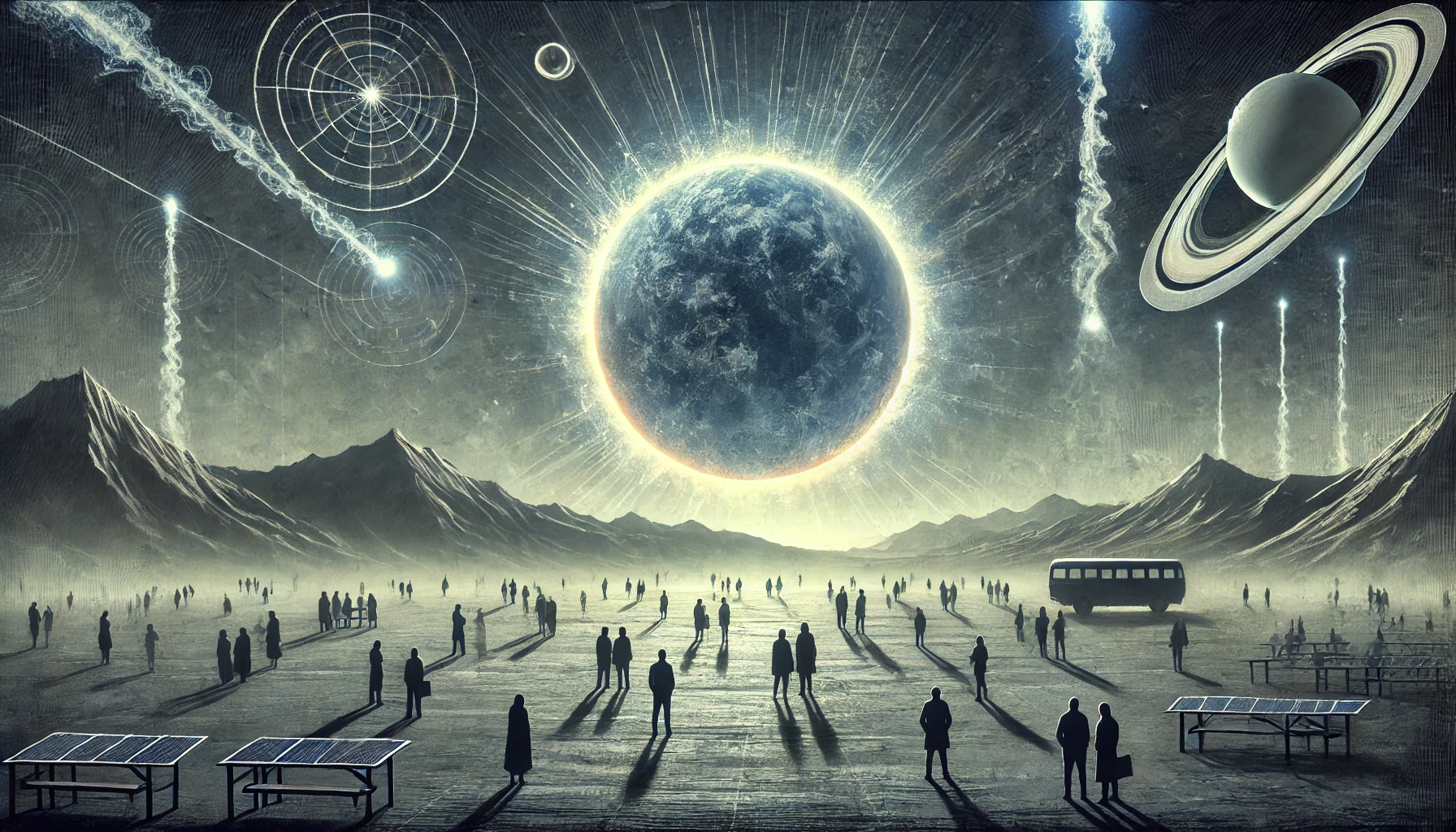

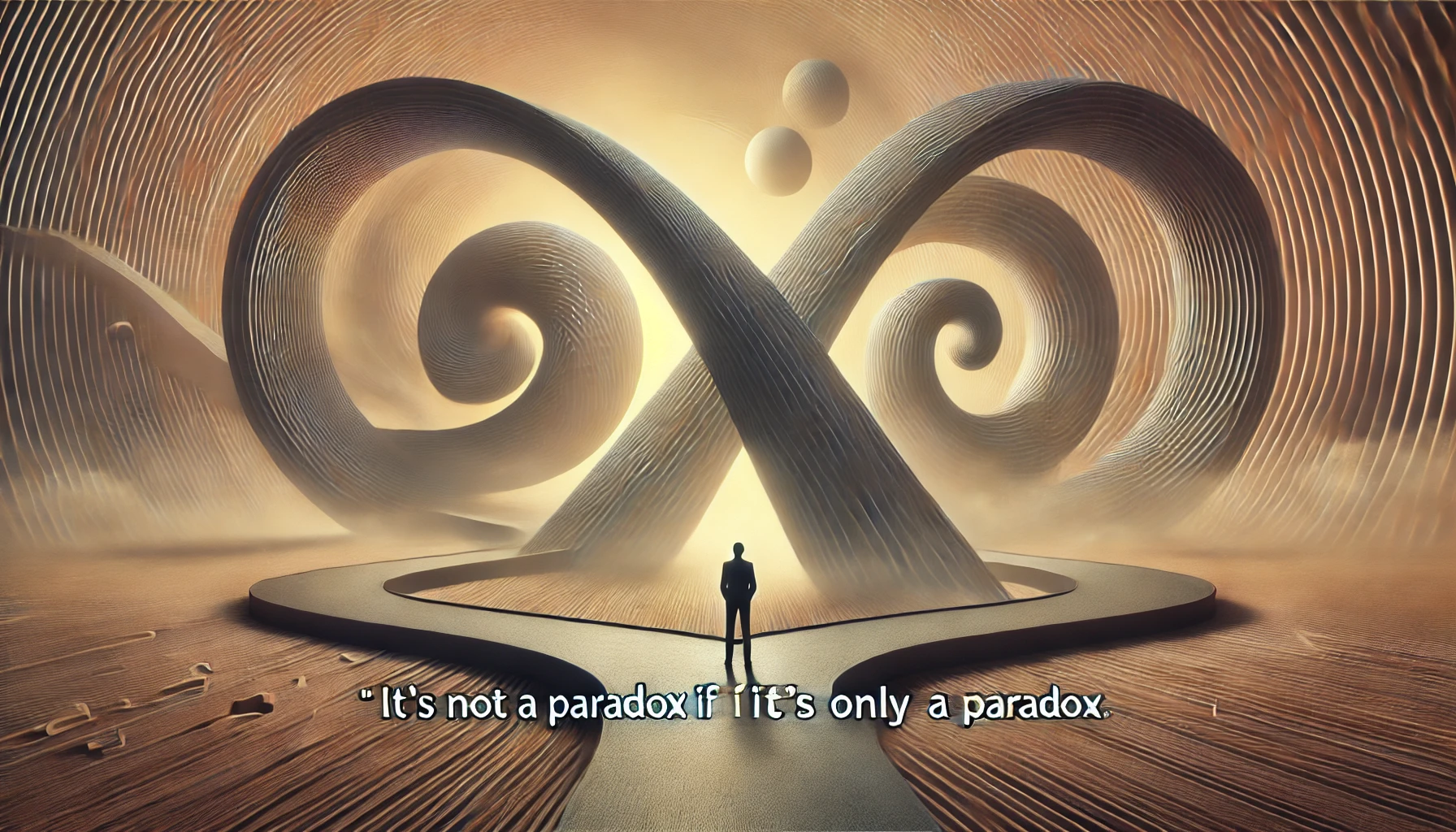
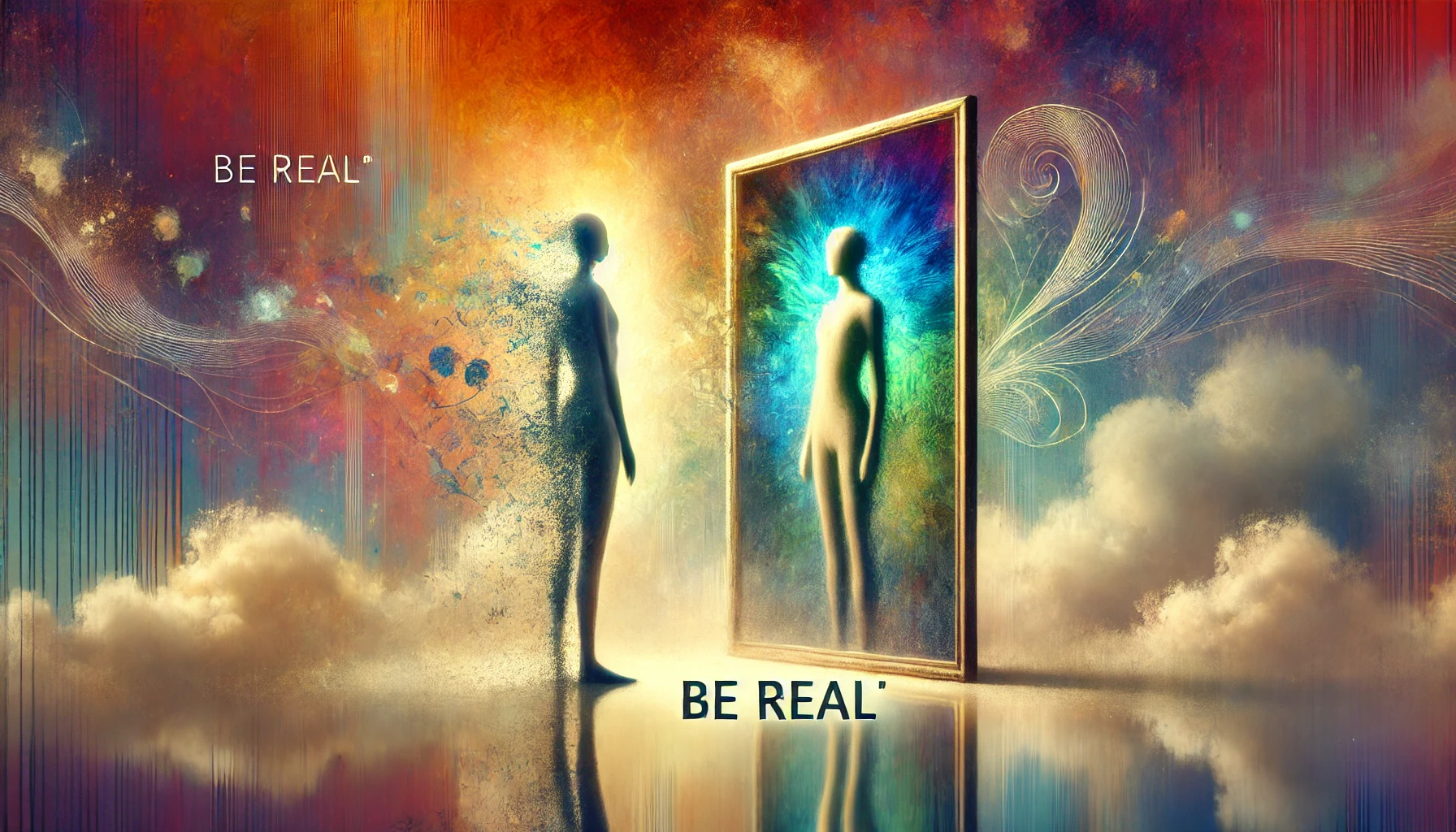
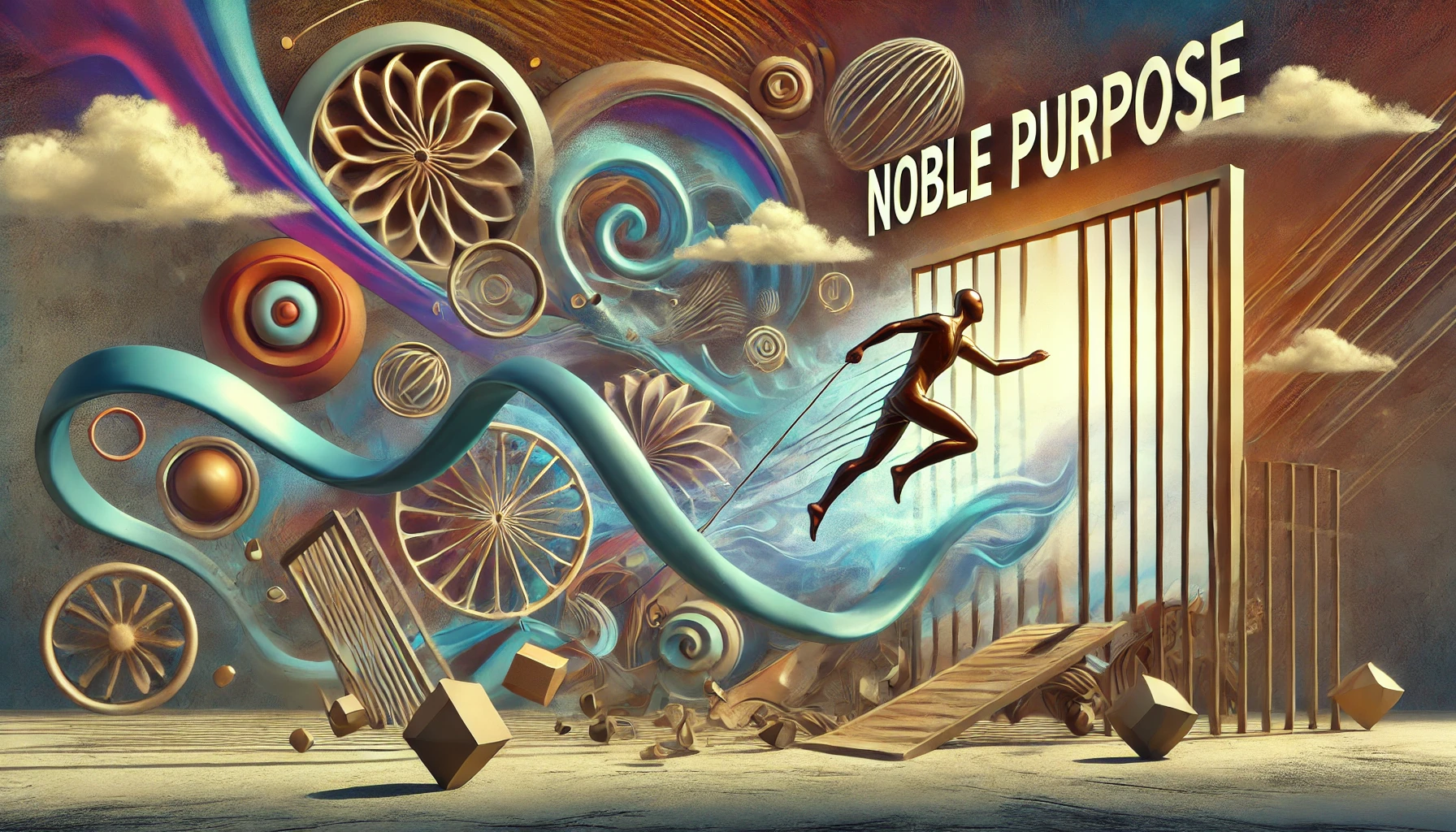
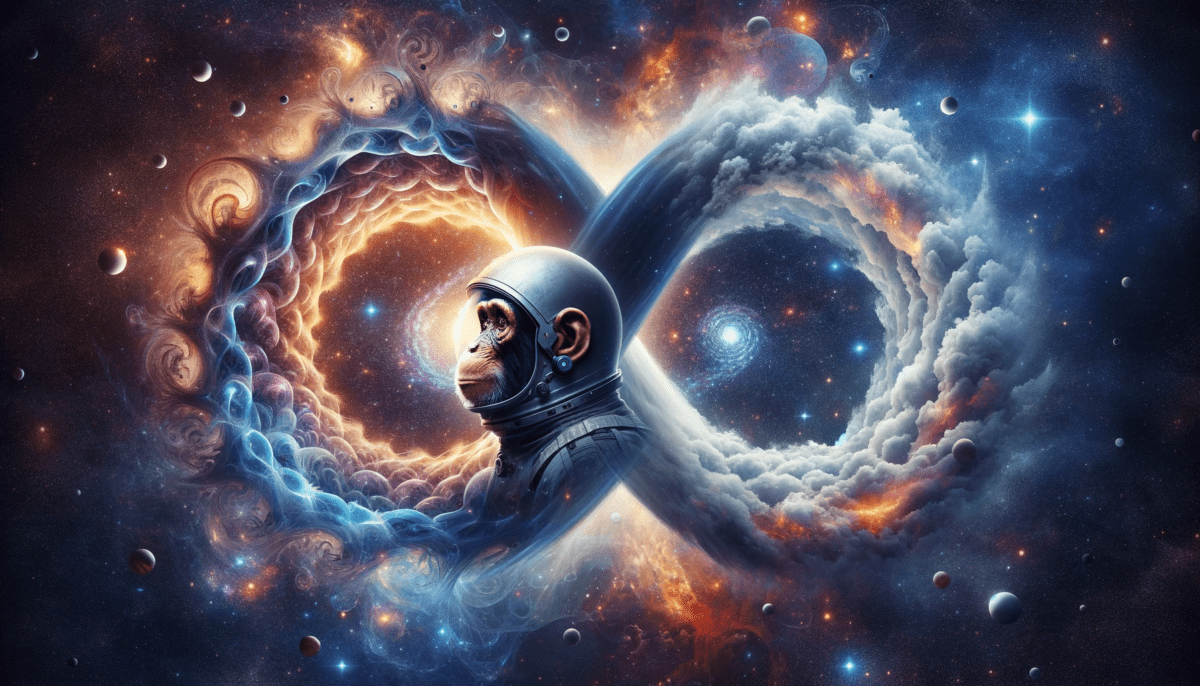
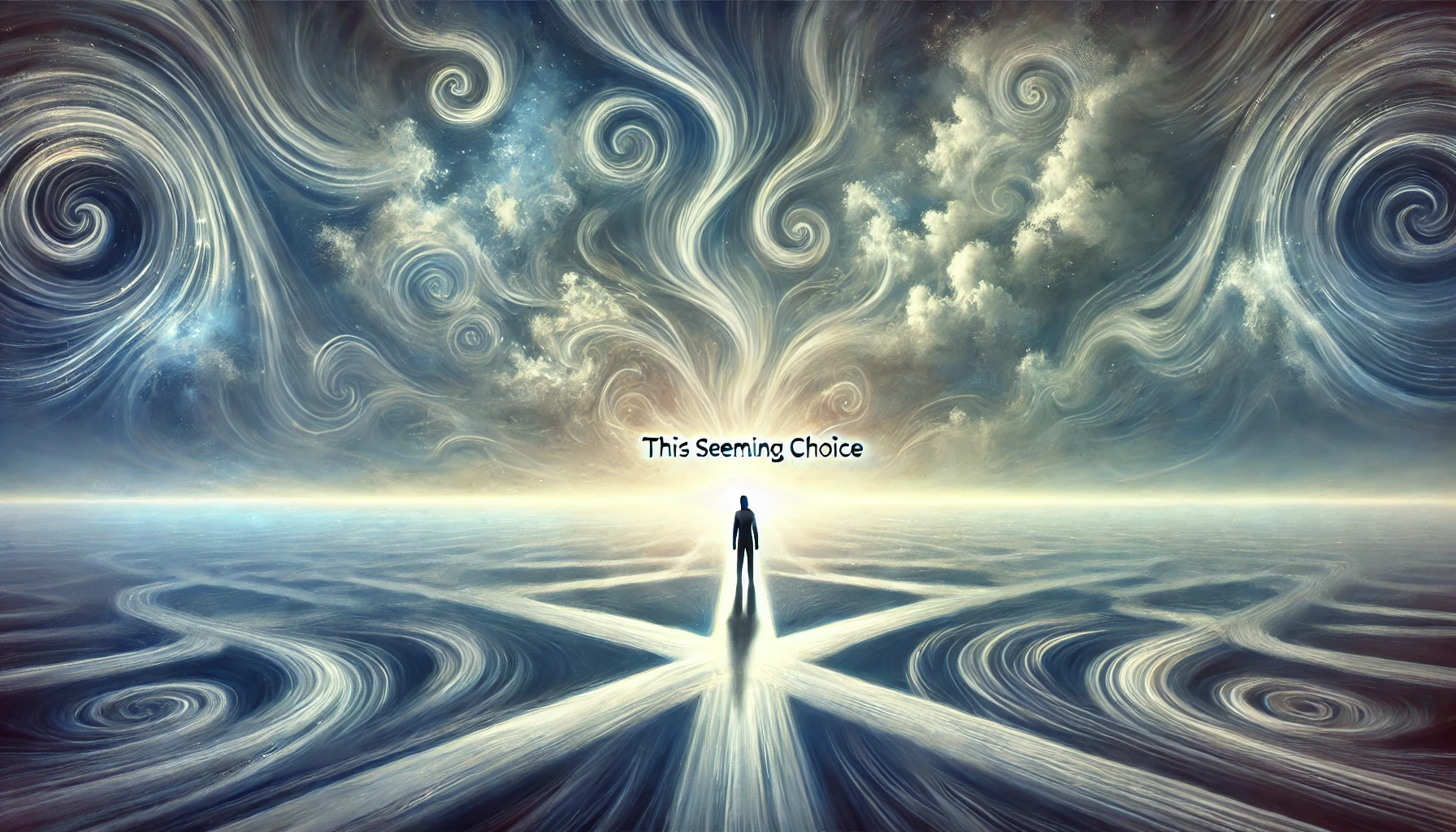
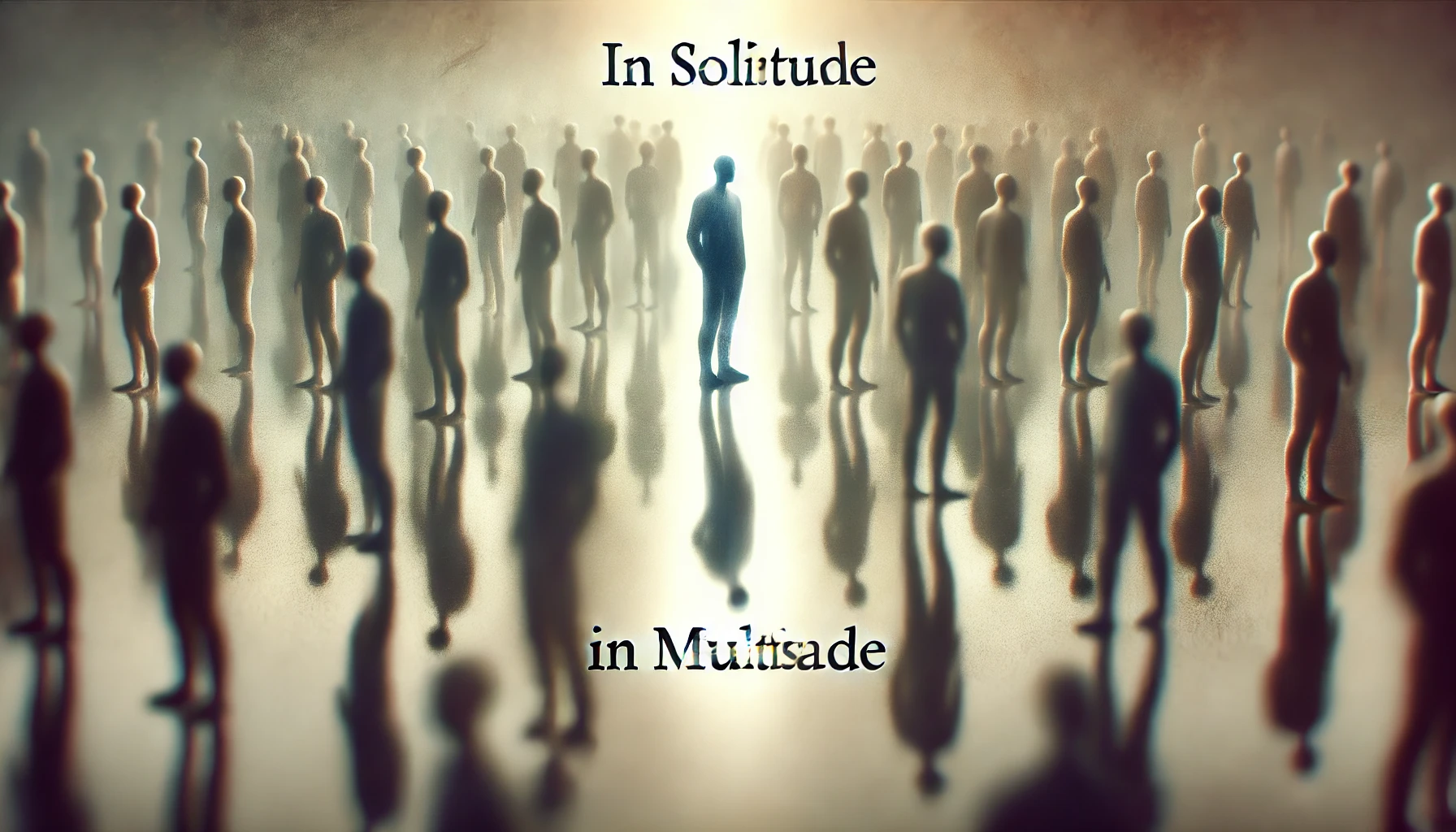
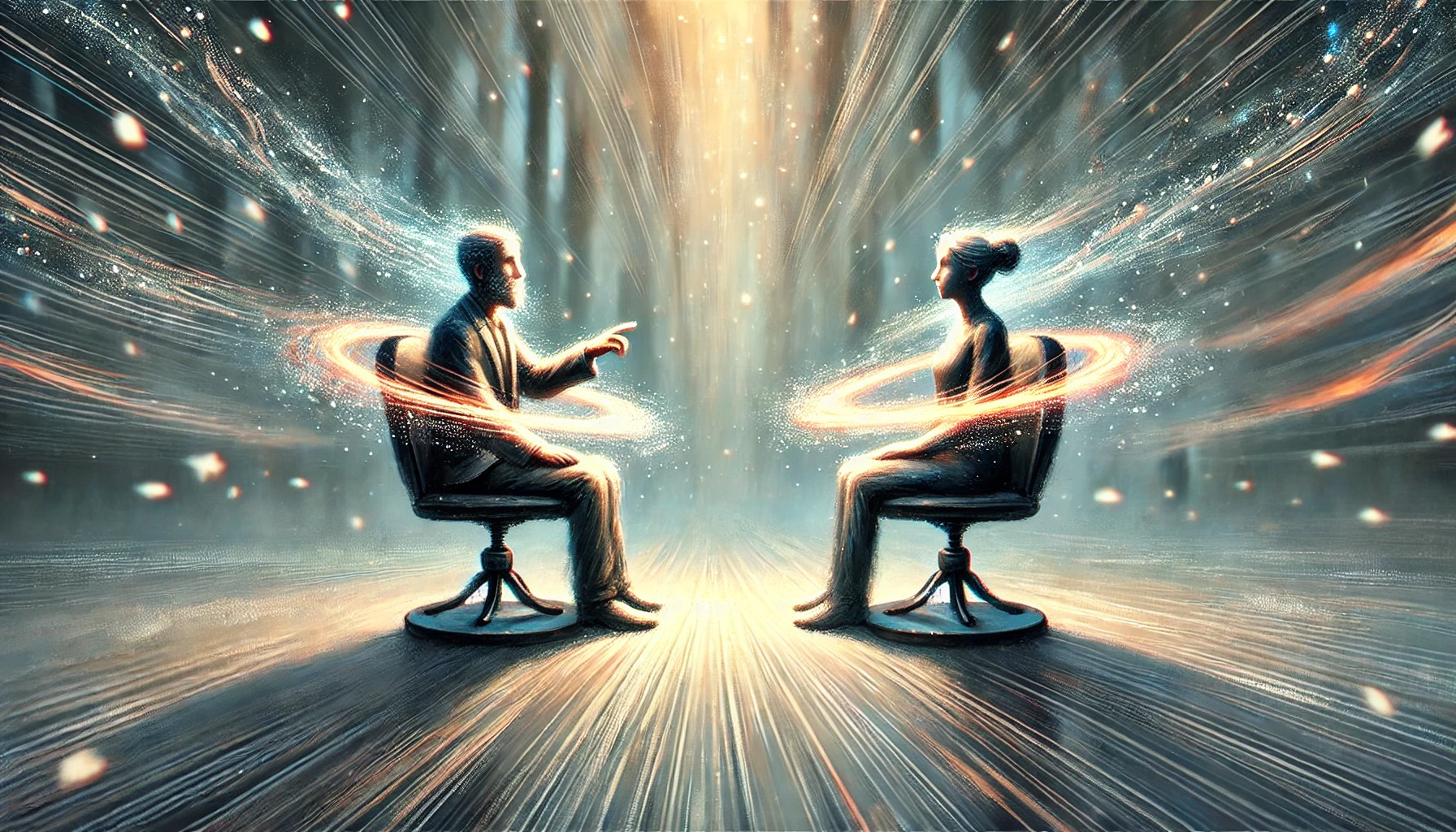
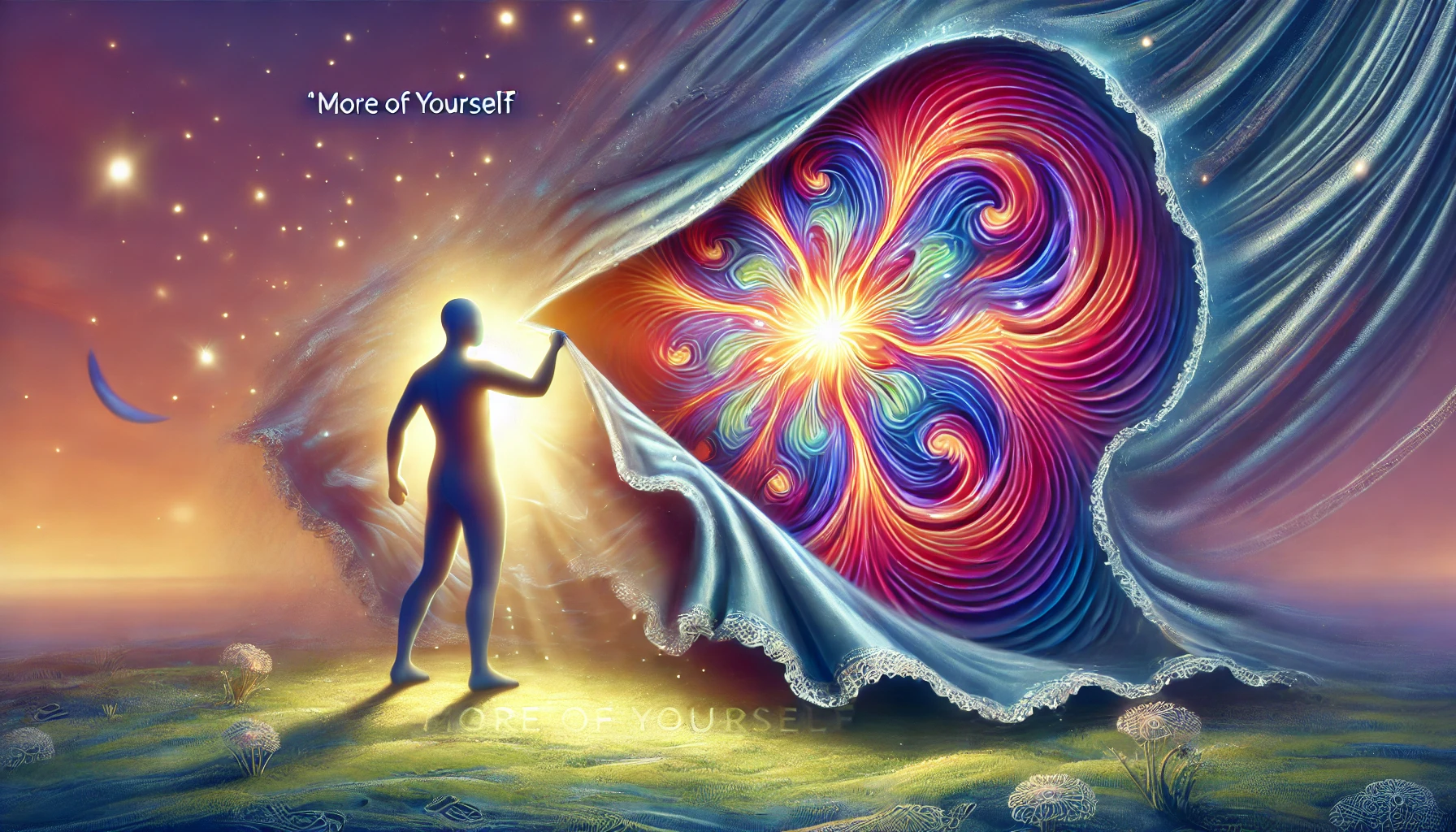


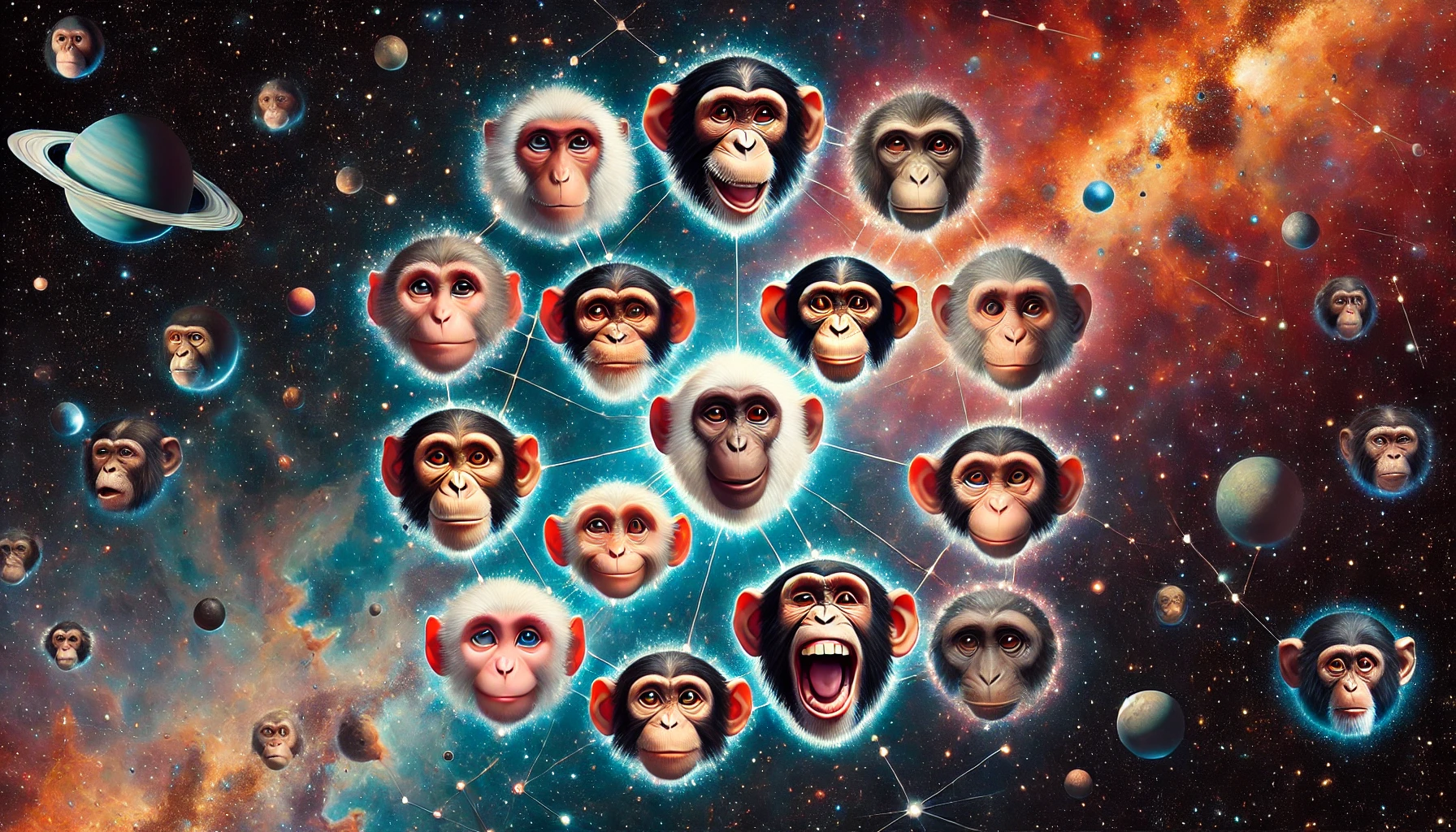
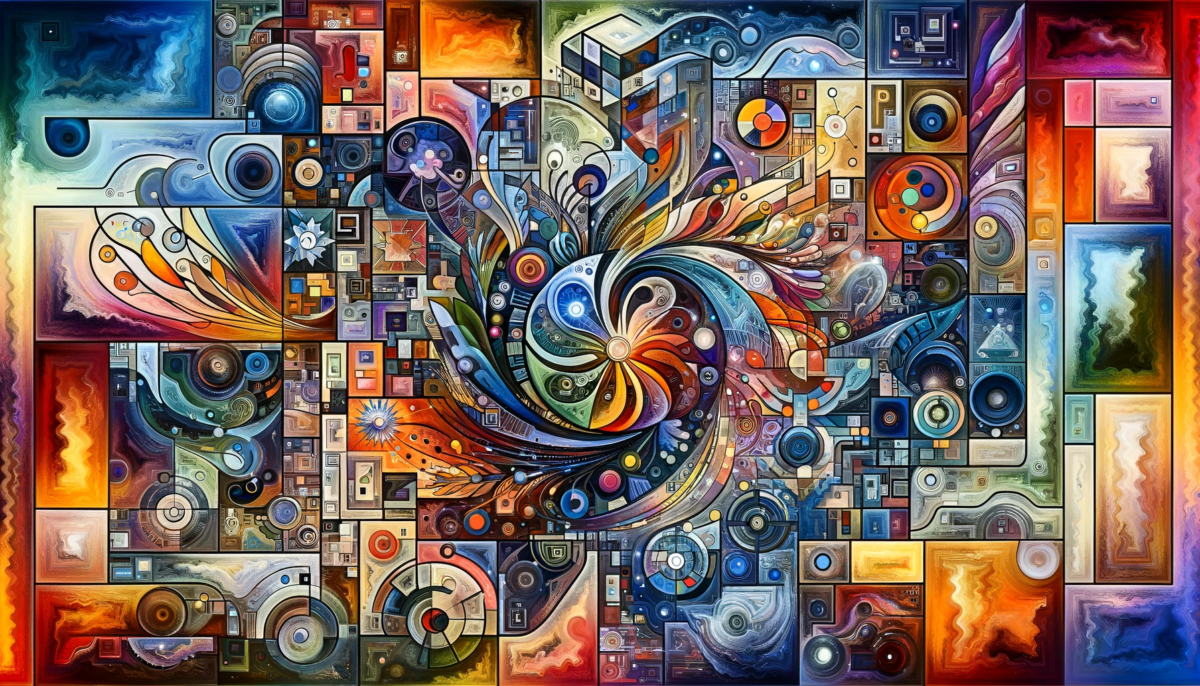
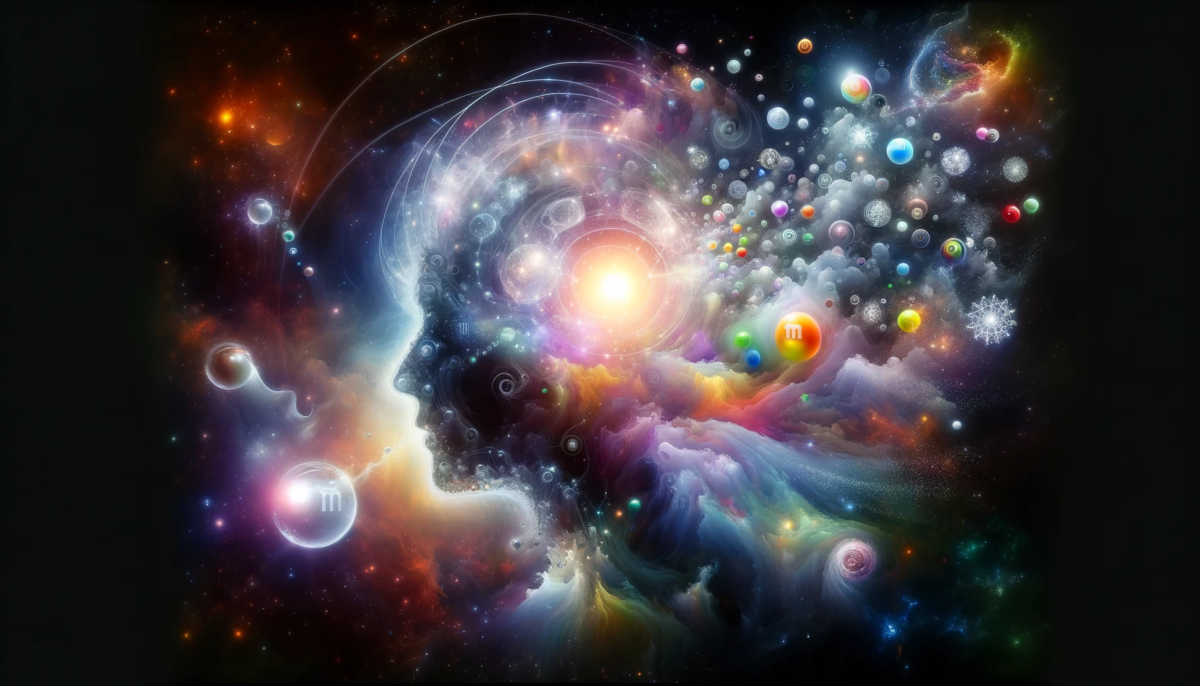
This poem seems to describe the experience of having multiple thoughts and perspectives that contradict each other. It suggests that even our own thoughts can be judgmental and aggressive towards one another, and that there is a constant struggle to find a balance between these different voices. The final thought, which seeks to distance itself from the others without discounting them, is portrayed as the happiest but also the loneliest. This could be interpreted as a metaphor for the human condition, in which we are constantly trying to navigate conflicting desires and perspectives within ourselves and with others.